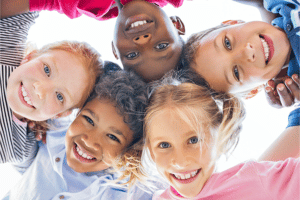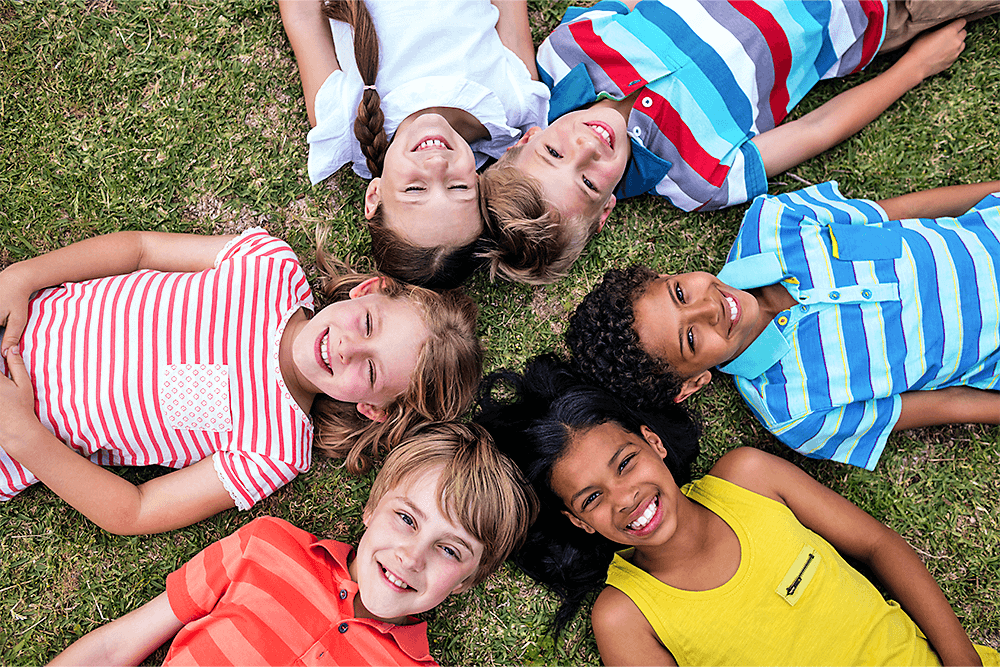Education for Global Citizenship
It is no secret that we live in a fast-changing and interdependent world where our lives and the ones of our children are being shaped by what happens in other parts of the globe. Education for Global Citizenship is the means through which we can equip our youth with the knowledge, understanding, skills and values that they need to meet the challenges they will face in the present and the future. According to the UNESCO1, Global Citizenship Education aims to help students become active promoters of more peaceful, tolerant, inclusive, secure, and sustainable societies.
Education for Global Citizenship uses active and participatory methods such as discussions, debates, and role-playing, which help students feel engaged with their own learning and develop skills that are vital in the 21Century: critical thinking, co-operation, conflict resolution and communication are some of them. When educating for Global Citizenship, we deal with complex and controversial issues in the safety of the classroom. We encourage learners to explore and express their opinions and values and respect those of others. Education for Global Citizenship is relevant to all areas of the curriculum. It should involve the whole school and be a shared perspective both within the institution and with the community.

But what is a Global Citizen?
- Someone who is aware of the wider world, understands he is a part of it and feels he has a positive contribution to make to this community.
- Someone who respects and values diversity
- Someone who believes that everyone has the right to exist in a just, equal, and healthy world.
- Someone who is an active participant of the international community and who is committed to finding solutions to global issues and continue building the global community.
Different institutions will emphasize different aspects of the global citizenship in their programmes.
However, there are some common skills we should all aim to develop in our learners if we want them to become global citizens.
Some of those skills are critical thinking; the ability to argue effectively; respect for everyone and everything; conflict resolution; cooperation and the ability to challenge injustice. None of these are too difficult to develop, even for small children. What might be difficult for teachers and institutions is to align with a Curriculum for Global Citizenship and “walk the talk” in their own behaviours and actions.
Regarding knowledge and understanding that are key to develop Global Citizenship, we work with topics such as: social justice, diversity, globalisation and interdependence, peace, conflict, and sustainability.
All of these are rich and engaging topics that can be potentially interesting for students if they are properly handled and tailored to their age group.
Lastly, there is a set of values and attitudes we want to develop in our learners if our objective is to help them become Global Citizens. Some of these are: a sense of identity, self-esteem, empathy, commitment to social justice, respect for diversity, concern for the environment and very importantly, a strong belief that people can make a difference; that THEY can make a difference.
Education for Global Citizenship is not an additional subject, it is a framework for teaching / learning that reaches beyond school, and which shows young people that they have a voice, and that they can make a positive difference in this world to make it better for everyone.




